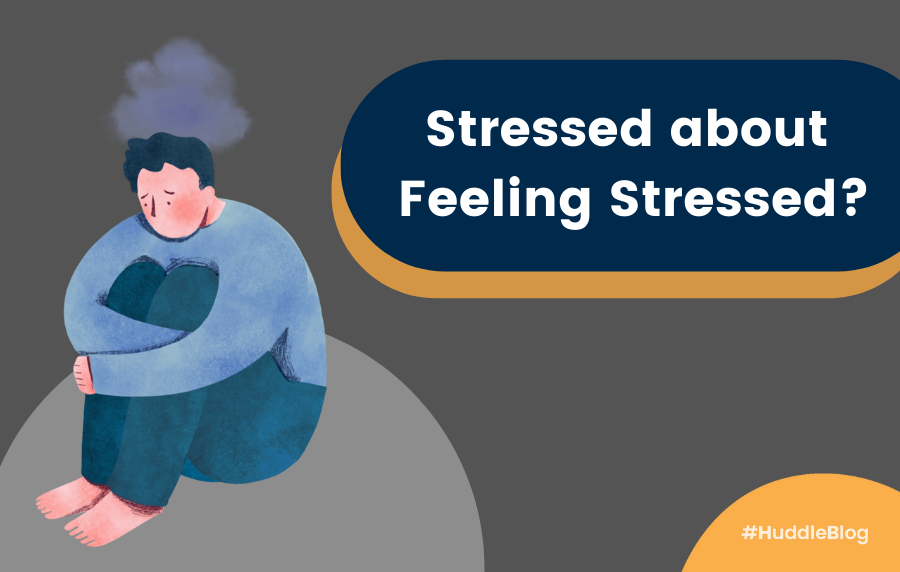A piece of advice which we hear quite a bit when we tell others that we are feeling stress (helpful much?). Despite how ridiculous that may sound to anyone who is about to take on a life-course-determining job interview, a difficult examination, or a competition with a lot at stake, there is some truth in it… Well, before you click off, give me a chance to explain what this comment means to me at least.
Stress activates the body’s adaptive fight-or-flight response of the sympathetic nervous system which responds to “danger”.
When we are experiencing stress, our heart rate increases which may make some of us feel like we’re going to faint or have a panic attack. However, our heart rate increases to ensure adequate blood supply to our muscles to prepare our bodies in the event that running away from danger is necessary.
With the same intent, our stomach and limbs may feel queasy and uncomfortable when we are stressed, but this is simply because our bodies are diverting our blood flow to our muscles.
Breathing when stressed takes the form of more short and quick breaths which make us feel like we’re out of breath, but actually what is happening is that our body thinks that it’ll require more oxygen to supply to our muscles to prepare itself for potential fleeing, so it’s increasing oxygen intake into the body.
At the same time, we may find our thoughts racing across our minds rapidly and our minds being very fixated on our stressors – thinking of the worst possible things that could happen in this situation – but this is just our bodies trying to help us think quickly and help us evaluate our surroundings to find the best exit route.
These physiological changes in our bodies are temporary, and will leave once we think that we are out of “danger”. Though this may sound simple, it is the main stumbling block that keeps us stressed. Why is that so?
Well, we’ll need to “convince” ourselves that we’re out of danger, which can be challenging if we have deep-rooted misinterpretations about what these physiological signs mean. These misconceptions may be hard to unlearn, and may require constant reminders and practises to ditch the old perceptions and learn new interpretations. Some examples of misinterpretations are “I’m going to die of a heart attack”, “I’m going to pass out and embarrass myself”, “Something is wrong with my body”.
[Note: These thoughts are not invalid or impossible, but they differ from situation to situation. Here, we are discussing daily stressors, not chronic stress. (Please do seek medical assistance if these symptoms persist for an extended period of time).]
It’ll take a whole lot of patience and practice to begin reevaluating our situations, but it’s worthwhile, because once we’ve made these new cognitions a habit, we can conquer many different circumstances.
Professional athletes are known for their ability to harness these physiological reactions to their advantage, by interpreting these sensations as a performance booster or their bodies preparing to do its best and win!
So, next time when you’re feeling stressed out, try rationalising these physiological changes and in doing so take control of your stress.





